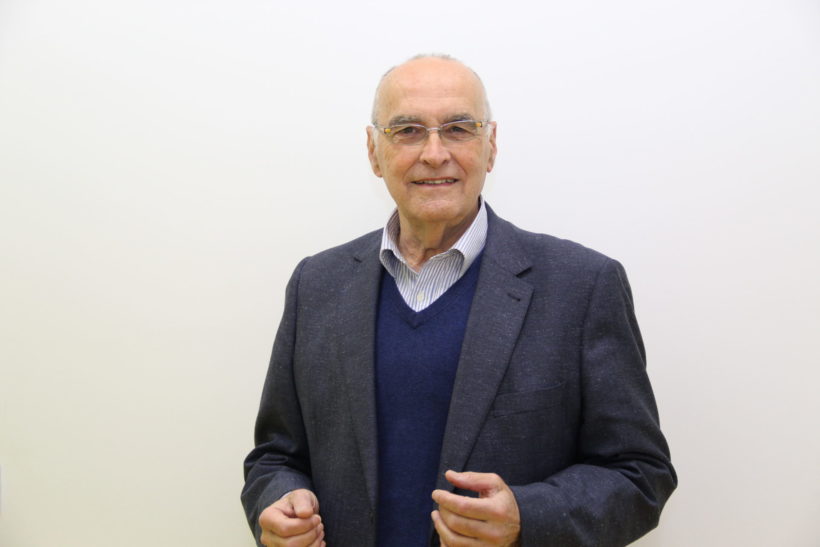From Rehuno Salud and in a joint work with the organisation Al final de la Vida we talked to Dr. Enric Benito about the humanisation of the end-of-life process. On the taboos that exist, what is the good death, palliative care and other issues that make the accompaniment of these significant moments in the lives of all people and their loved ones.
This is a series of Dialogues that we will be publishing periodically and in which we want to disseminate a vision of the process of dying that is full of humanity and meaning.
Enric Benito is a Doctor of Medicine, Specialist in Oncology and Honorary Member of the Spanish Society of Palliative Care (SECPAL). His experience and teachings are a true reference for the world of palliative care, for the accompaniment and humanisation of the process of dying well.
In the first part of this third meeting, Dr. Benito referred to the document recently published by the journal The Lancet in which a group of experts carried out a detailed study of the “imbalance that exists in today’s world and more specifically in the healthcare environment with respect to the process of dying” (The Lancet Commissions: Report of the Lancet Commission on the Value of Death:bringing death back into life. www.thelancet.com – Vol 399 February 26, 2022).
He then spoke to us about compassion, trying to define the concept which is often misunderstood. We also discussed the value and wisdom involved in the processes of “good dying” and the moments near the end of physical life.
Dr. E. Benito begins by saying: A compassionate heart chooses to help, to serve others. It is not the same as pity, which is when I approach the other with fear of not being like him. In pity, which is sometimes confused with compassion, I look down on the other, there is a moral asymmetry.
A compassionate attitude emanates from love, from genuine concern for the other. I feel neither above nor below. I understand that the other is living a situation that I could live, or perhaps have lived, and that true solidarity is what moves me to action.
“Compassion is the name love takes when it meets suffering”.
The video of the interview
Compassion has to be articulated in two wings: compassion and wisdom.
I have to know what to do. It is not enough for my heart to be moved and in solidarity with the other person, I need the wisdom to be able to help them.
When you see someone who is suffering, you are moved and you reach out, attention, connection and emotional regulation are important.
A state of meta-attention where I manage emotion and act without attachment to results, without judgements and assessments that distract me.
Using the head and hands moved by the heart to help: if you are too compassionate and not wise, you can easily become frustrated and worn out.
It is advisable to learn to welcome, accept and be present in order to take action for the well-being of others.
If you don’t have the tools and you start taking care of people who are having a hard time, you end up with “compassion fatigue” or empathy burnout.
You have to know how to set limits. The best “protection factor” is in the inner world of professionals and depends on the level of self-awareness.
If I am half asleep, I am less connected. If you are present, connected… according to your inner harmony, as a professional you have less risk of “compassion fatigue”.
Compassion is done without interest in the fruits, without appropriation of the results.
If it is going very well, you consider that it is not you who has done it, and if it is not going as well as you would like, you accept that it is not up to you and that you have done all you could. In other words: “detachment from the results”.
To conclude, Enric Benito synthesises these concepts and his own experience by saying: “But this task has a prize… many things happen inside you. A person leaves you a legacy because you have been accompanying them and that is a unique experience. You come out having learned something that is not written in books”.
You can also watch interviews 1 and 2 of the “Dialogues with Enric Benito”:












